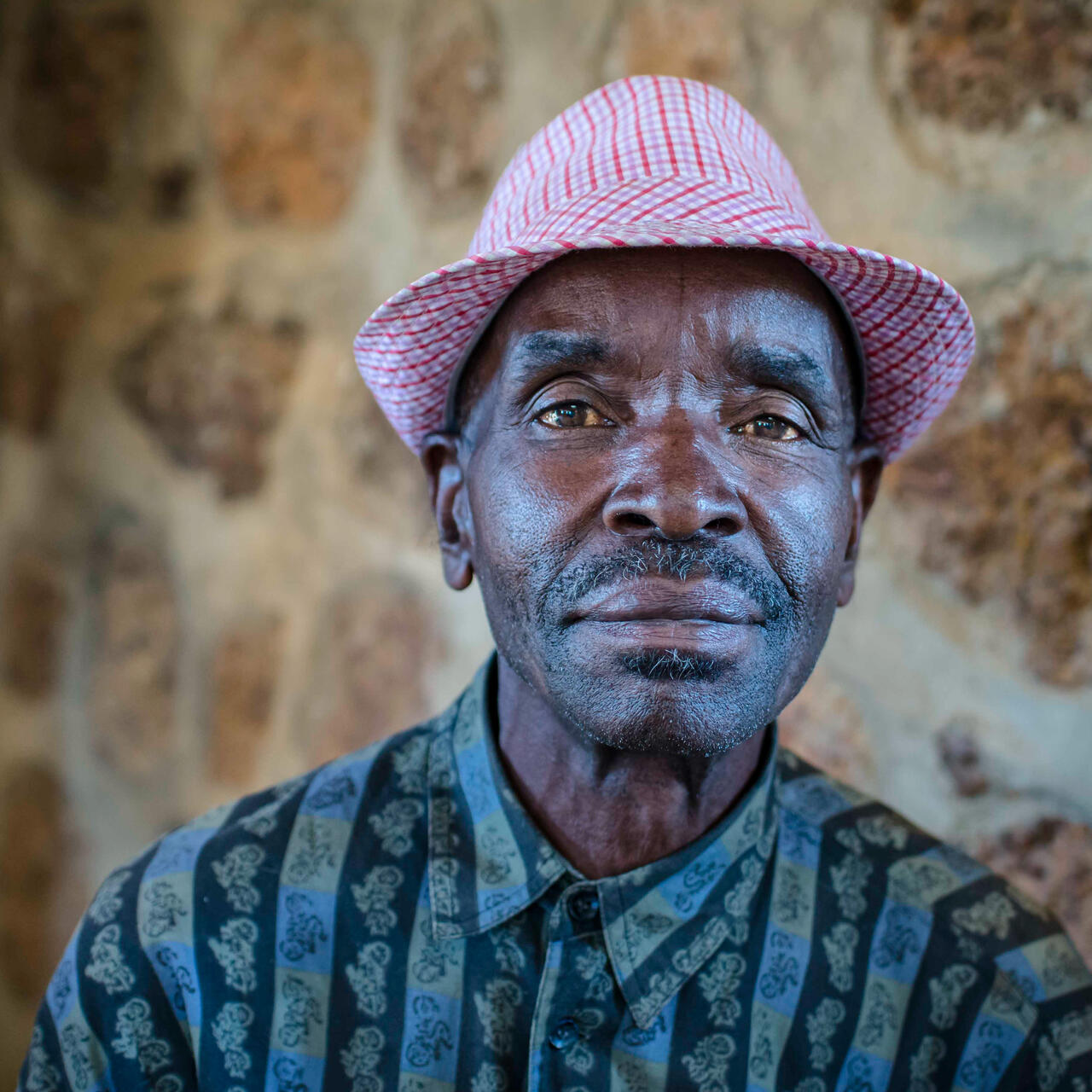Country facts
- Population: 4.7 million
- People displaced by crisis: Internally displaced, 630,834; refugees from CAR displaced in the region is 634,788
- Rank in Human Development Index: 188 of 191 countries
IRC response
- Started work in CAR: 2006

In Central African Republic (CAR), 1 million people have been displaced by ongoing conflict. The International Rescue Committee has assisted CAR throughout its current crisis despite the high risk to aid workers. We provide medical care, water and sanitation services, and protection for vulnerable women and girls.